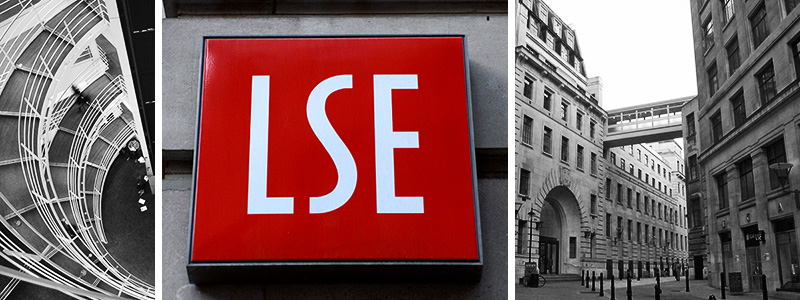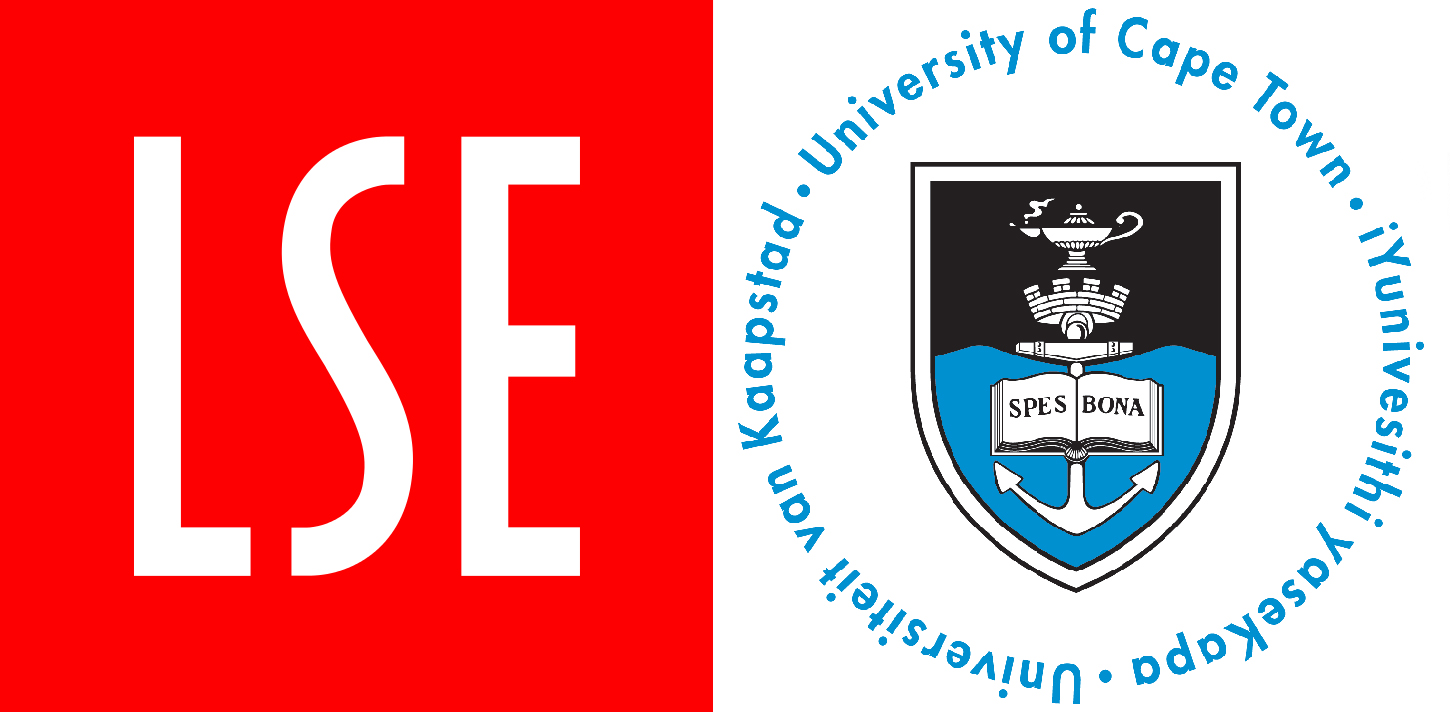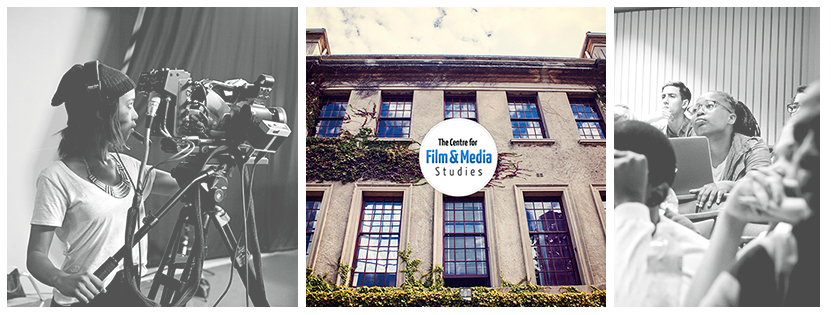
STUDY IN TWO OF THE WORLD’S GLOBAL MEDIA CAPITALS
Introducing the twinned MA in Global Media (LSE and UCT)
Study the impact of globalisation on communication, society, culture, politics and media practices in two of the world’s most important media capitals, Cape Town and London.
The University of Cape Town and the London School of Economics and Political Science twinned master’s degree program enables you to earn postgraduate degrees from two leading tertiary institutions and deepen your knowledge of contemporary global media industries. You will have access to experts in new technology, global media, international telecommunications and media studies. As a professional with a global perspective, you will have the opportunity to play a powerful role in redefining the way the world communicates.
This unique two-year program enables students to study for one year at LSE in London, the UK's media capital, and one year at the Centre for Film and Media Studies at the University of Cape Town – Africa’s leading university. Students will also have the opportunity to complete an internship in the media and communication or NGO sector in Cape Town that will count towards their coursework requirements. In this way students can already start gaining practical experience and build industry networks while deepening their academic knowledge of the media.
Students will spend one year of study in London at the LSE, completing coursework and a dissertation, before moving to Cape Town to complete coursework and a second dissertation at UCT. Upon successful completion of both components, students will graduate with a MSc in Global Media and Communications from the LSE and a MA in Global Media from UCT.
The programme aims to provide:
- Critical exploration of mediation in the global context, examining processes of globalisation in relation to organisation, production, consumption and representation in media and communications
- The opportunity to study a range of courses, flexibly tailoring the programme to develop specialist interests, culminating in an independent research project on a topic in global media and communications at LSE and a further dissertation or creative media production at UCT
- Preparation for high-level employment in media and communications related professions anywhere in the world
- The opportunity for internships in Cape Town
ADMISSION REQUIREMENTS
Admission to the twinned degree will be in line with standard requirements for LSE and UCT degrees. You should submit your application online to the LSE Graduate Admissions Office. Before starting your application, please review the graduate application guidelines on both the LSE and UCT websites. Please note that applications are reviewed by both institutions.
THE LSE
The Department of Media and Communications at the London School of Economics and Political Science is a leading centre in the field of media and communications, renowned nationally and internationally for its high quality original research and our teaching excellence. It encompasses diverse social scientific approaches to media and communications, offering interdisciplinary graduate teaching to an international body of students through the delivery of a range of specialist programmes at Master's level and doctoral research training.
UNIVERSITY OF CAPE TOWN
Established in 2004, the Centre for Film and Media Studies at the University of Cape Town offers a range of courses that equip graduates with the theoretical knowledge and practical skills to embark on a career in the film and media industry. Many of our alumni have found entry-level posts in the media, film, and television industries as well as in advertising, marketing, and education. While we offer as much opportunity for creativity, intellectual engagement, and practical training as we can, we also emphasise how much success in the "real world" depends on passion, commitment, perseverance, energy, and imagination on the part of the student. In choosing our production students, we take their passion and commitment seriously.

LEARNING OBJECTIVES
Upon successful completion of the twinned MA degree in Global Media (LSE and UCT) you should be able to:
- demonstrate an understanding of mediation in the global context through engagement with the phenomenon of global communication;
- develop and critically assess existing research as it relates to global communication
- understand the value of cross-cultural communication and the exchange of ideas for the purpose of shaping global communication;
- produce independent, original scholarly work of publishable or "conference quality.”
CURRICULUM
This is a two-year program during which you spend your first year at the LSE and your second year at UCT. To earn the MSc and MA degrees, you must complete three units and a dissertation at LSE and 24 units of coursework at UCT.
Year one at LSE
The LSE Department of Media and Communications is a leading centre in the field of media and communications, renowned nationally and internationally for its high quality original research and our teaching excellence. The Department encompasses diverse social scientific approaches to media and communications, offering interdisciplinary graduate teaching to an international body of students through the delivery of a range of specialist programmes at Master's level and doctoral research training.
The LSE academic year has three terms. You are required to take four core courses, two optional courses and a dissertation. It is possible to take courses offered in other LSE departments, provided previous agreement from the Program Director. For a detailed overview of courses, please check the regulations of the LSE degree in MSc Global Media and Communications. For more general information, please check the The LSE Global Media page.
Year two at UCT
At UCT, students will follow coursework for a MA in Global Media. Master’s students are required to complete a minor dissertation, two compulsory taught courses and two elective taught courses of which no more than one can be at HEQF Level 8 (4000 level).
Compulsory courses include a media internship, a course in Advanced Media Methodology and a Master’s Research Project (minor dissertation), or Master’s project in Creative Production. One of the two elective courses may be taken in another cognate department such as the Centre for African Studies, Historical Studies, Political Studies, or Anthropology.
CONTACT
UCT Programme Director at LSE: Simidele Dosekun. For MSc enquiries to Media.Msc@lse.ac.uk.

